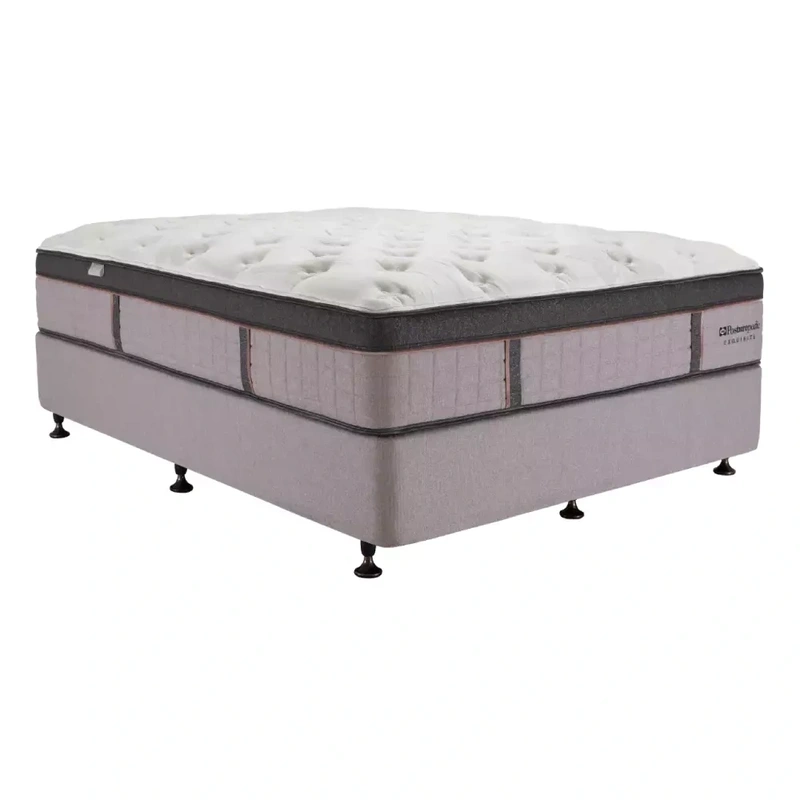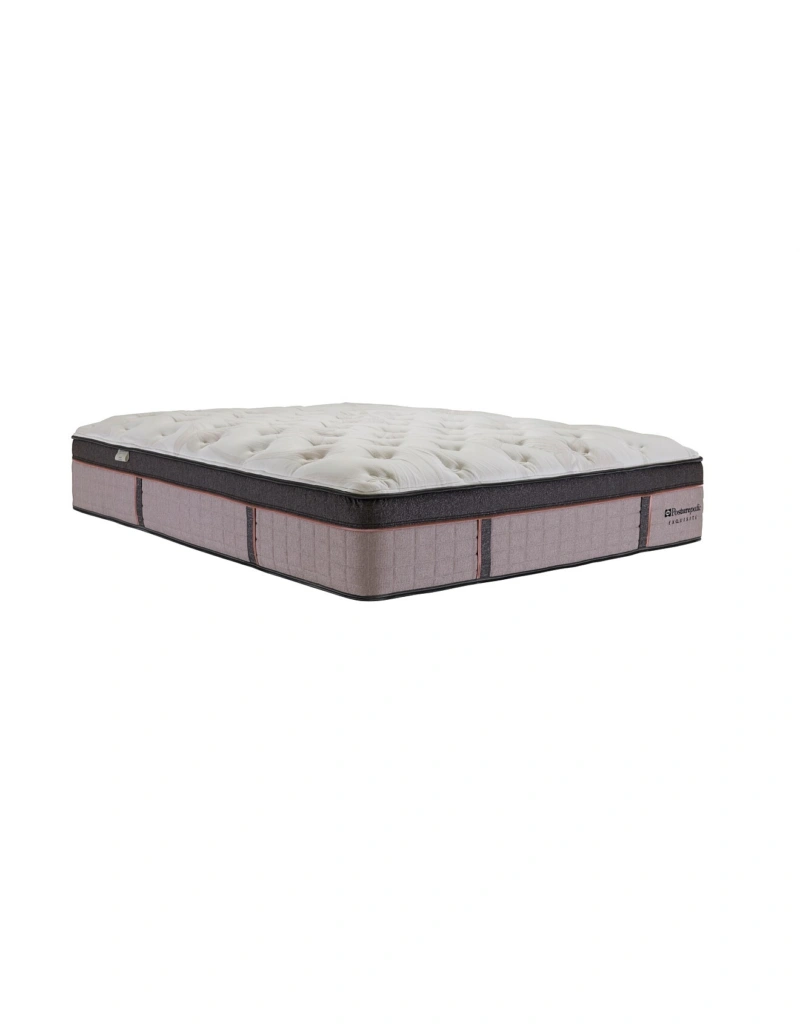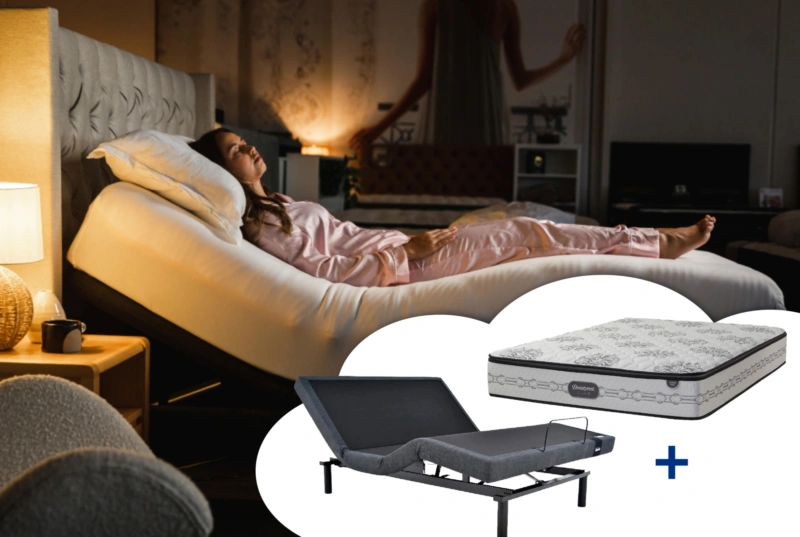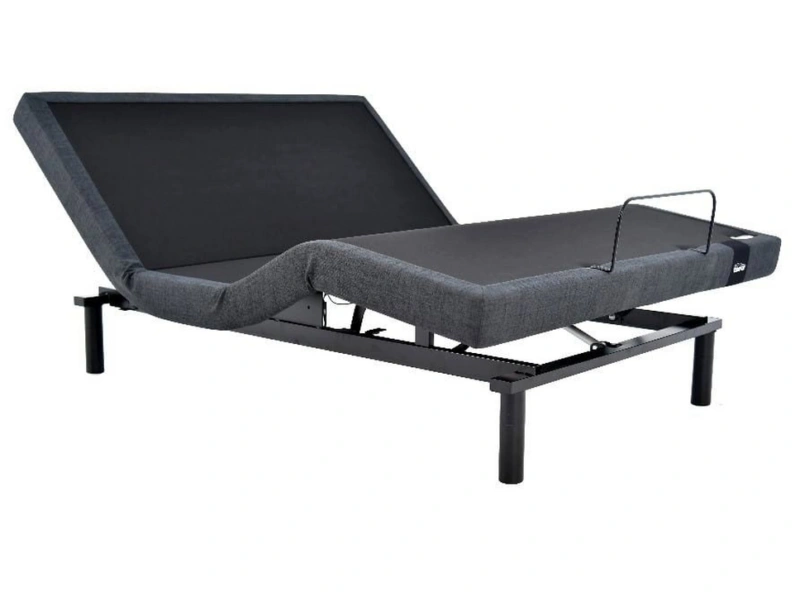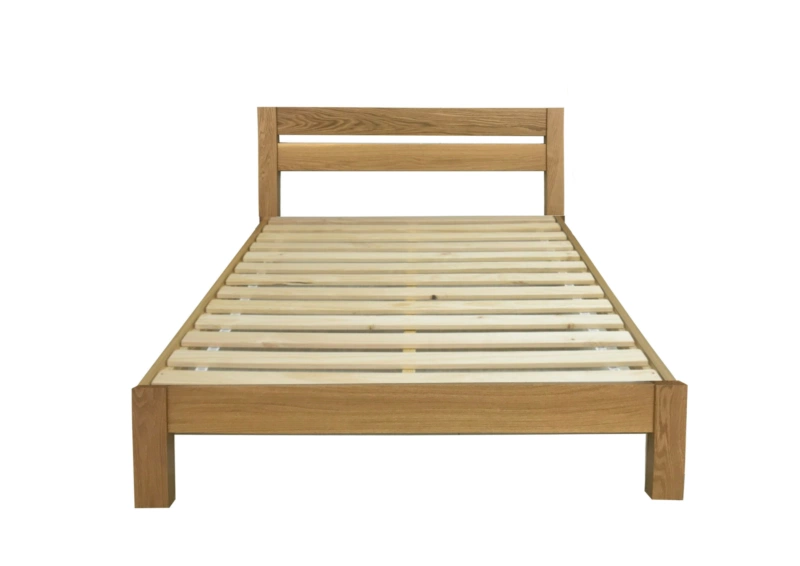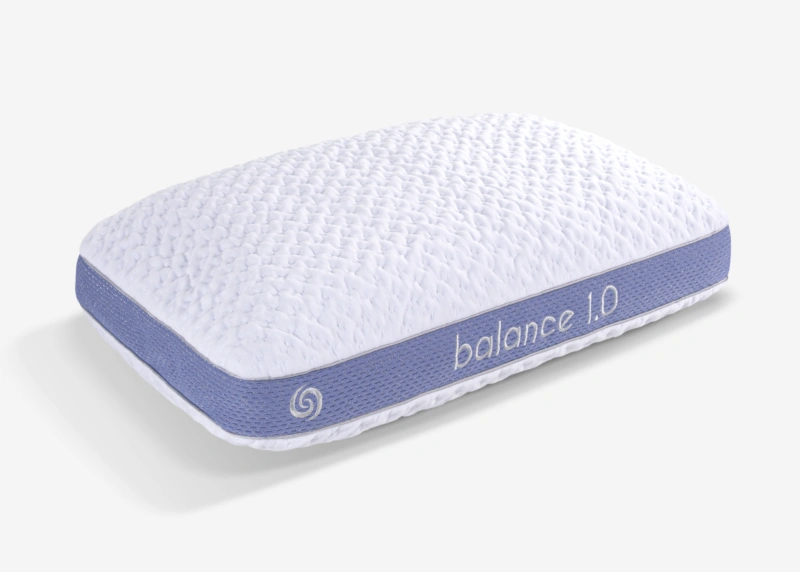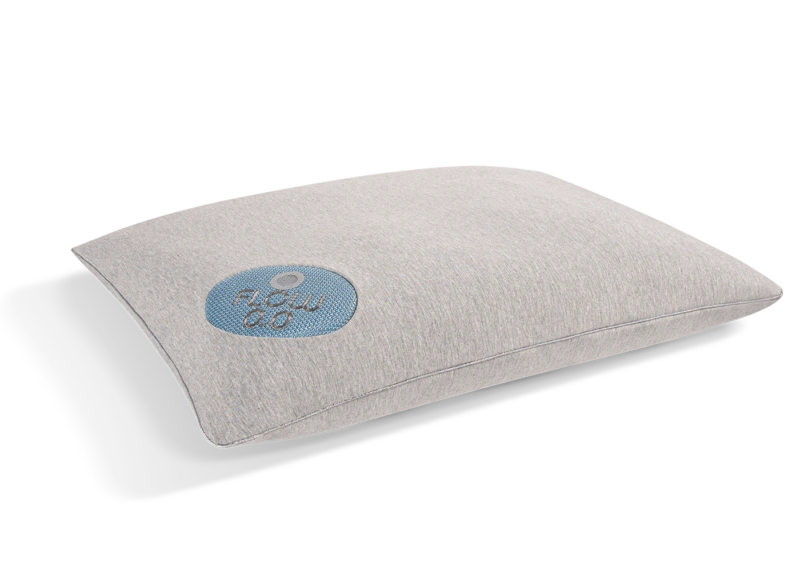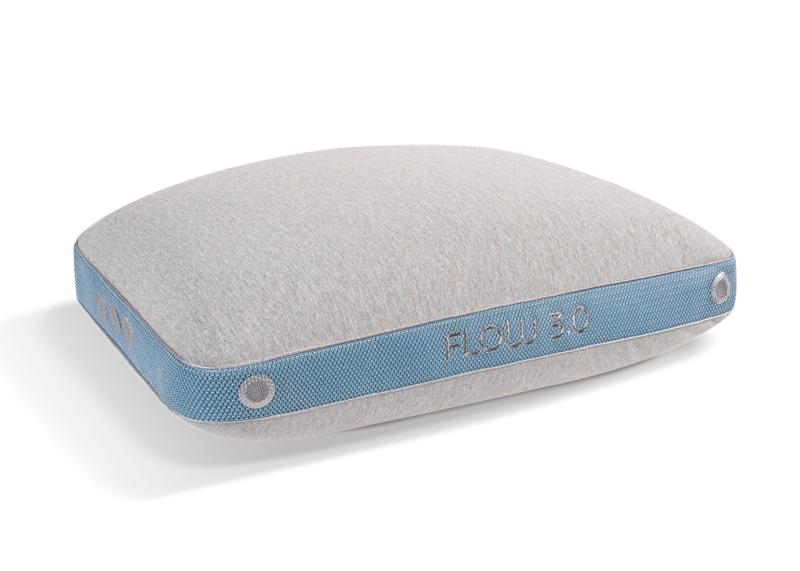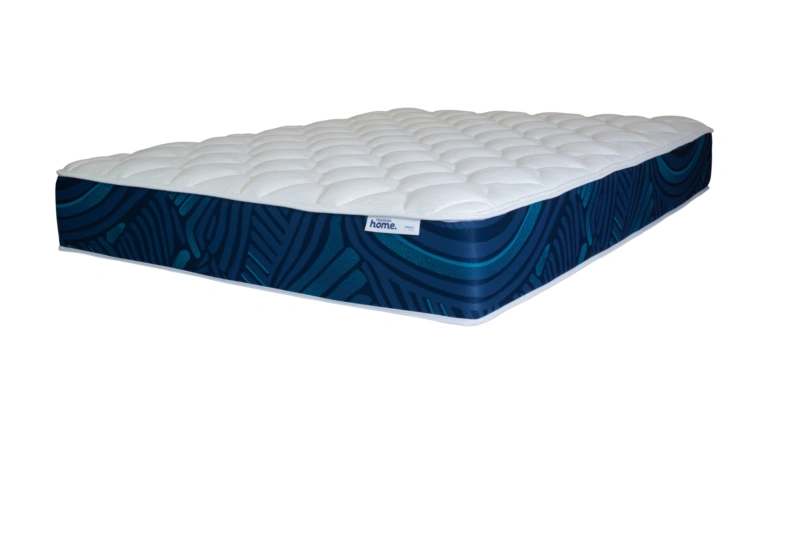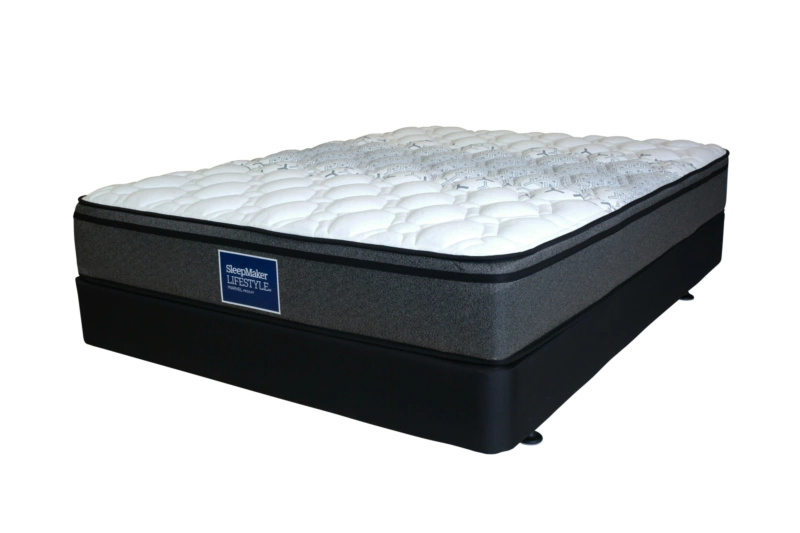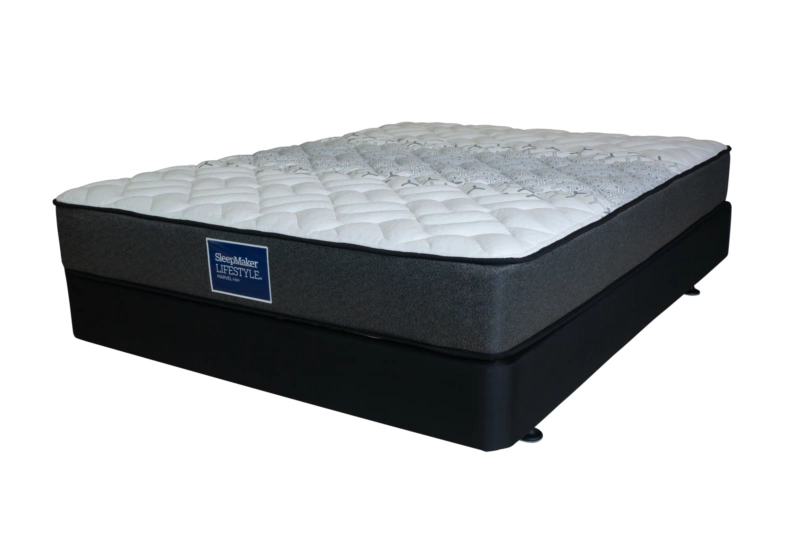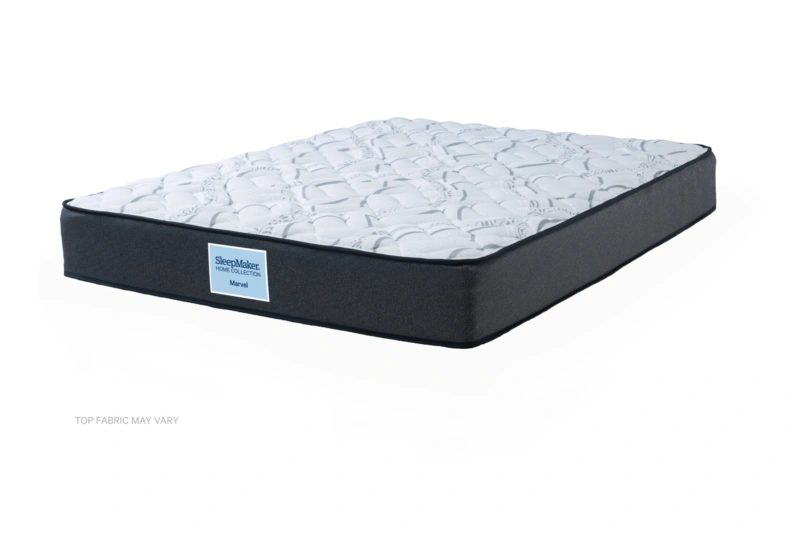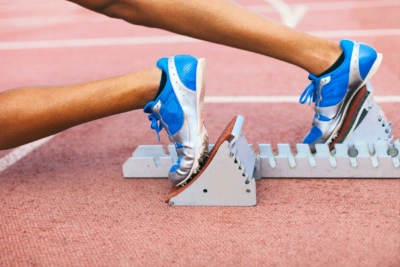
We’ve covered the benefits of a healthy night’s sleep on an athlete’s performance before on this blog – but nothing puts athleticism into the spotlight quite like the Olympic Games.
When the Cricket World Cup was hosted in New Zealand, we learnt that just one week of sleeping five hours or less each night makes a man’s testosterone levels drop as if he’s aged about 11 years, leading to lower performances on the sports field. And, as sponsors of the Southern Steel netball franchise, Bedpost has played its own part in ensuring players were able to give their best on court – most notably when 1.98m Jamaican international Jhaniele Fowler-Reid needed a custom-built bed.
But while many Kiwi sports fans have been missing out on sleep to watch the action televised from Brazil, sportsmen and women from all types of disciplines being performed at Rio have come out over recent weeks to tell how having a strict sleep routine helps them reach the pinnacle of Olympics competition.
- Russian gold medal-winning gymnast Aliya Mustafina put her successful asymmetric bars routine down to arriving at the venue four hours early and having a quick sleep before the competition.
- US beach volleyball gold medalist Phil Dalhausser says jet-lag and international schedules can play havoc with his routine and a bad night’s sleep can mean “my brain feels foggy and I have a tough time focusing”. “Sleep is very important for muscle recovery,” he told Van Winkle’s. “I find that if I’m not sleeping well I tend to be a little more sore the next day.”
- Paratriathlete wrote an entire article for Huffington Post detailing how she has combined being a new mum with high-performance training by having a detailed sleep regime. Keeping the same “sleep schedule” every night, limiting caffeine, avoiding bright lights before bedtime and not using devices at least an hour before tuning in have led to “a drastic change”. “My mind has been clearer and I can focus longer… I’m able to push my body further than ever before, and I’ve seen my training times gradually speed up. I’ve experienced firsthand how sleep training can quickly become an athlete’s secret weapon.”
- Gymnast Gabby Douglas heads to bed at 7.30pm to meditate because it “helps me learn to clear my mind and puts me in a good place mentally and spiritually”. She told Cosmopolitan that “with my mind clear, it was very easy for me to go to sleep. I usually wake eight hours later feeling very refreshed”.
- Before the 2012 Olympics in London, the New Zealand women’s Black Sticks hockey team employed a sleep therapist to help them cope with a schedule that included early starts.
Plenty of athletes have said that the excitement of top competition can lead to sleepless nights – with Kiwi golfer Lydia Ko even admitting to a 7am start so she could watch the men’s competition rather than her more favoured lie-in. But if you are serious about keeping your body at a healthy peak then you have to give it time to heal and recover – and that’s always best achieved via a healthy night’s sleep on a well-made mattress and bed that suits your body type.


